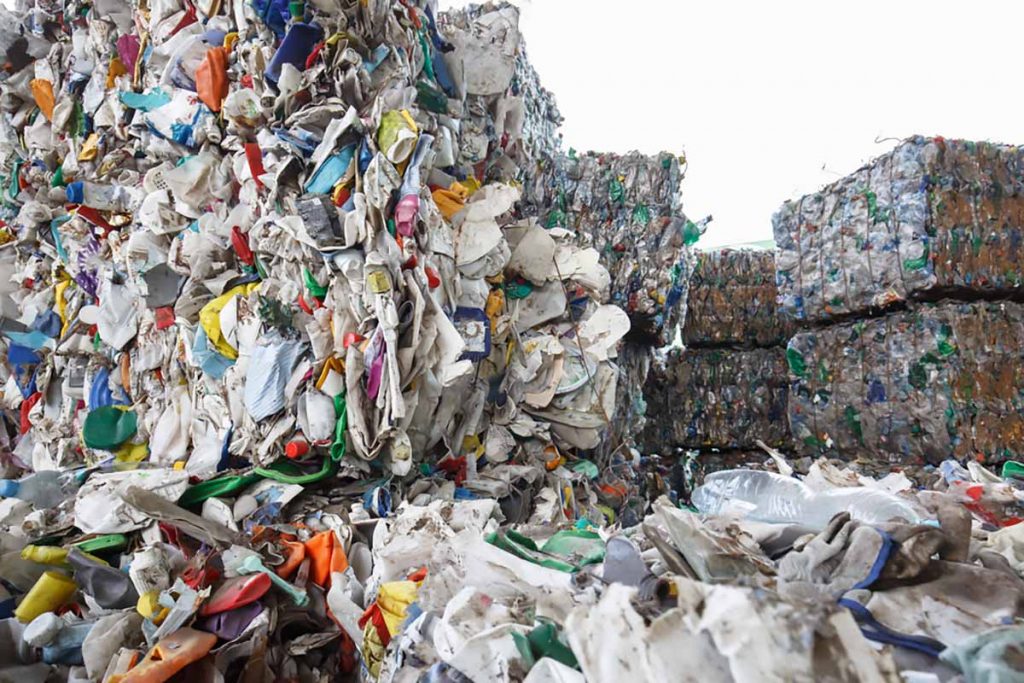
The recently drafted “Recycling Infrastructure Plan” includes requests for funding of $3.3 billion in physical infrastructure and $3.3 billion for infrastructure support policies and programs for the first year. | zlikovec / Shutterstock
Nonprofit organizations have drafted a plan for federal spending on recycling infrastructure, and much of the document takes aim at plastics.
The recently formed Recycling Is Infrastructure Too Campaign released its first Recycling Infrastructure Plan, which lays out which recycling priorities the group believes Congress should address.
The document includes requests for funding of $3.3 billion in physical infrastructure and $3.3 billion for infrastructure support policies and programs for the first year, according to a press release. Drafting of the plan was led by the National Recycling Coalition (NRC), the Institute for Local Self-Reliance (ILSR) and Zero Waste USA.
In terms of plastics, the 23-page plan has a number of suggestions. For example, it recommends adopting a national extended producer responsibility (EPR) program for difficult-to-recycle items, including plastics that are not commonly recovered from 60% or more of the materials recovery facilities (MRFs) in the U.S., and implementing a national bottle bill.
The plan calls for the federal government to halt all subsidies for plastics producers and eliminate financial support for “chemical recycling,” a blanket term for technologies that can break down plastic into a variety of products, including fuels.
Additionally, it emphasizes cracking down on companies’ false recyclability claims, prohibiting scrap plastic exports, ending federal purchases of single-use plastic products and ensuring federal procurement of recycled-content products, including composite lumber.
To generate revenue, the Recycling Infrastructure Plan proposes a $20 fee for each ton disposed of in landfills or at incinerators, as well as a fee on non-recyclable packaging and products that are toxic to the environment. Those are in addition to the costs producers would incur through EPR.
The Recycling Is Infrastructure Too group has scheduled a July 27 webinar to provide more details on the Recycling Infrastructure Plan.
More stories about industry groups
- Colorado approval signals path forward for PRO choice
- Brand owners lead initiative for scalable film, flex recycling
- APR, ReMA update bale specs for PE rigids, film



